Don’t Be a Big Baby: Parenting Class at Rocky
“Each baby costs $1000, so sending thousand-dollar equipment home (not even counting all the clothes, car seat, accessories, etc.) with students is a bit nerve-wracking.”
November 9, 2021
There are roughly 140 million babies born every year. According to Los Angles times 22,000 babies are left at hospitals by parents that are unwilling or unable to care for that child. The Parenting and Child Development class at Rocky Mountain High School could help bring that number down. The class gives all the information that anyone needs to help take care of a child, and it teaches students the basics of what to do when a child is crying or hungry.
In a poll administered by the Rocky Roar Newspaper, roughly 65% of Rocky Mountain students would “like to have kids in the future.” 81% of Rocky Mountain students “like kids.” Out of the 85 Rocky students who took the survey, most of them said that the class would “be able to help [them] in the future” when it comes to taking care of babies and kids.
Kadence Bateman, a senior at Rocky Mountain High School, had taken her baby home two years ago. Taking care of kids is difficult because every one of them is different. When asked, “Do think this class would help in the future, why or why not?” Bateman said, “I think that this class is very helpful, it give[s] you background on children and development and motor skills and helped me understand more about them.”
When asked if she have ever watched or taken care of kids before Bateman said, “I have multiple times, I’ve been interning in classes since junior year I think on average I had about 28 kids in each class, I did in intern in first grade, second grade and now currently in a kindergarten class with about 30 kids.”
Chloe Muthiora is the Parenting and Child Development teacher at Rocky Mountain High School. When asked about the class and why she liked teaching the class Muthiora said, “I love teaching this class because it is never boring. I go from teaching discipline techniques, to human anatomy, to robot babies in a matter of weeks. I get to take really interesting concepts and turn them into hands-on, fun lessons. I love teaching the reproduction unit because I think it is some of the most important information teenagers can have. I believe the best parents are ones that become parents on purpose, so I try to teach my students how to be fully prepared and only become a parent when they know they are ready. It’s also when we get to do fun days like putting on pregnancy bellies and running through a relay!”
There is an alternative assignment that students can do in case the students can’t or do not want to take the baby home. The alternative assignment is a blog that the students need to film with different tasks every day. Muthiora said, “Some students choose to do the alternative assignment for the baby project for lots of reasons. Many of my students have jobs and work a lot on the weekends, so it just isn’t feasible for them. Some students already have babies in their home (siblings, cousins, daycares), so bringing a robot baby into the mix would be overwhelming. I try to encourage students to try taking the baby, because I think it’s a big learning experience and it really enforces the idea that being a parent is hard and to make sure parenting is something you really want to do.”
Muthiora said, “Students are worried about hurting the baby’s neck or missing cries because they think they will sleep through the baby crying. But it’s loud, you can’t miss it. Obviously, I want the students to do well and learn about what it’s really like to have a newborn, but I also am thinking about the equipment itself. Each baby costs $1000, so sending thousand-dollar equipment home (not even counting all the clothes, car seat, accessories, etc.) with students is a bit nerve-racking.”
Muthiora said, “I believe everyone should take this class. Even if you choose not to have your own children, chances are good that you will be around children in some capacity. You will learn a lot about yourself, your parents, what kind of parent you want to be and how to have a positive, strong family now and in the future. My class teaches about parenting skills, building family resilience, the development of children and even prepares students that want to enter the teaching and childcare fields. The advanced level of this course offers concurrent credit for education programs.”
Rocky Mountain students may be interested in signing up for this class because it teaches the basics and everything about parenting and how to raise a kid. Students that don’t want children in the future should also take this class just in case because they will be around children at some point in life. The class is a great way to learn how to be a parent and how being a parent works.

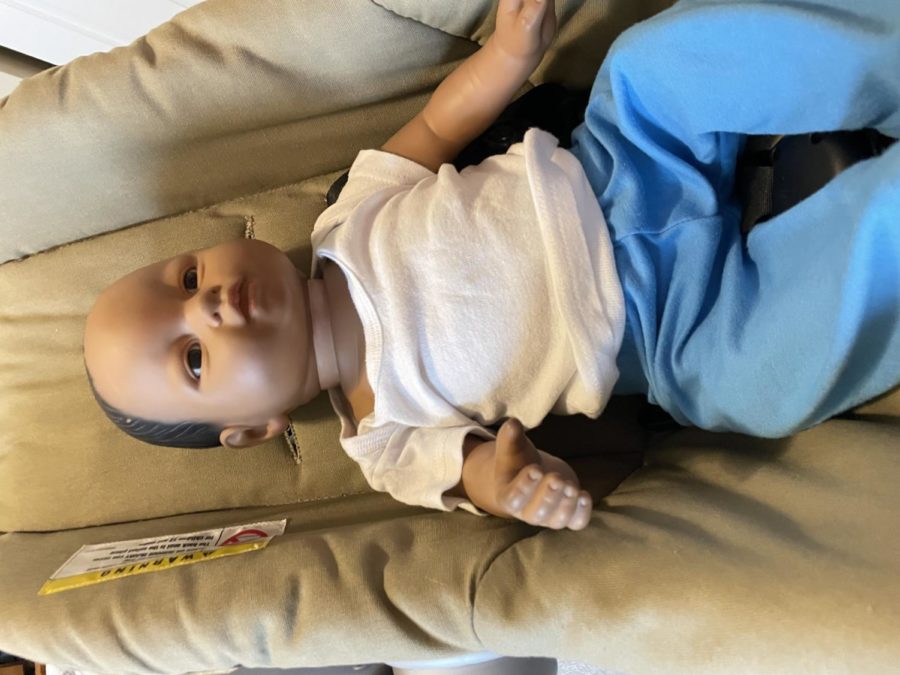
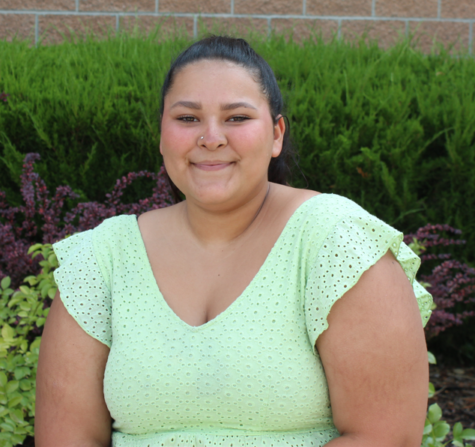
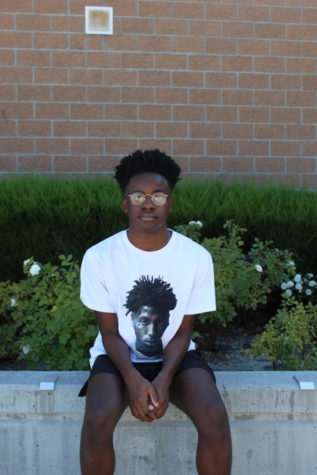
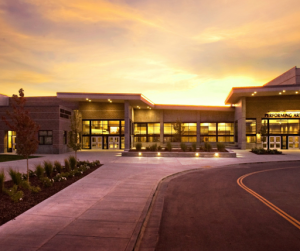
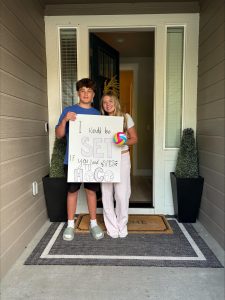
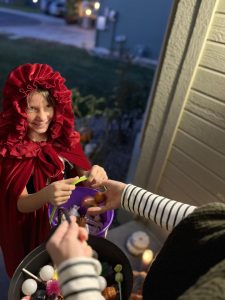
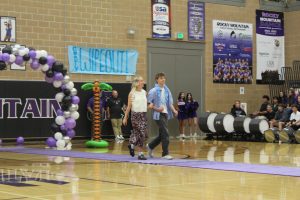

Happy Baby Class • Jan 23, 2022 at 4:57 pm
Well Said